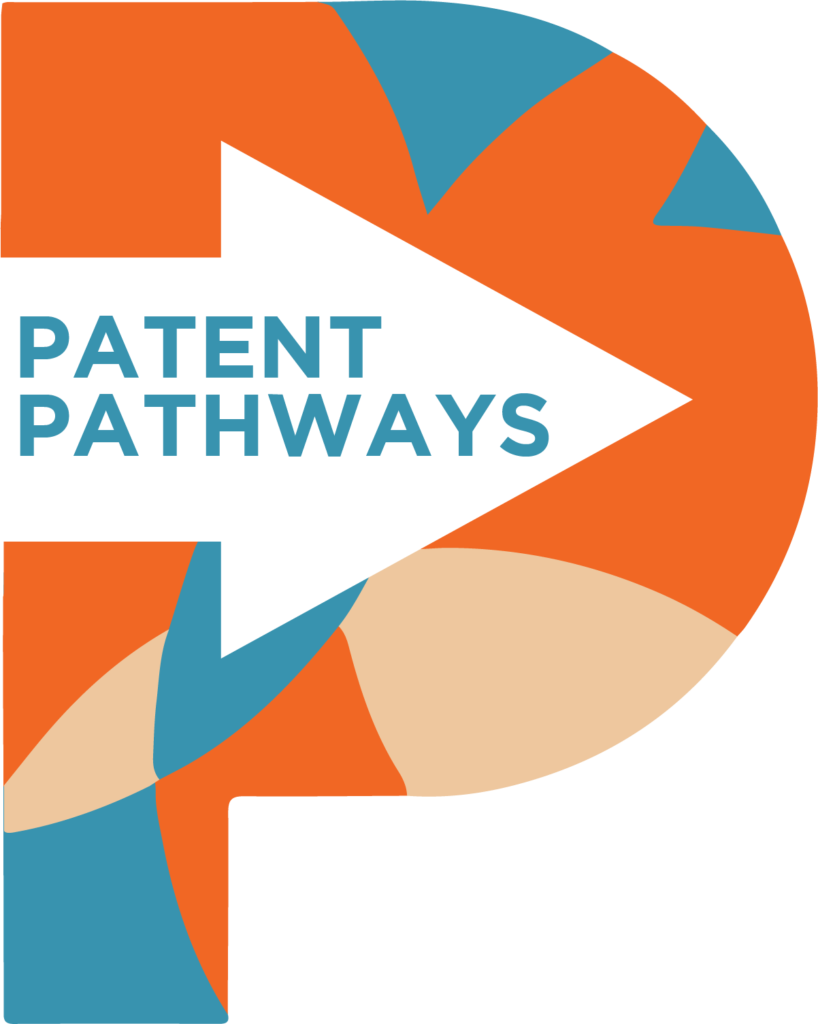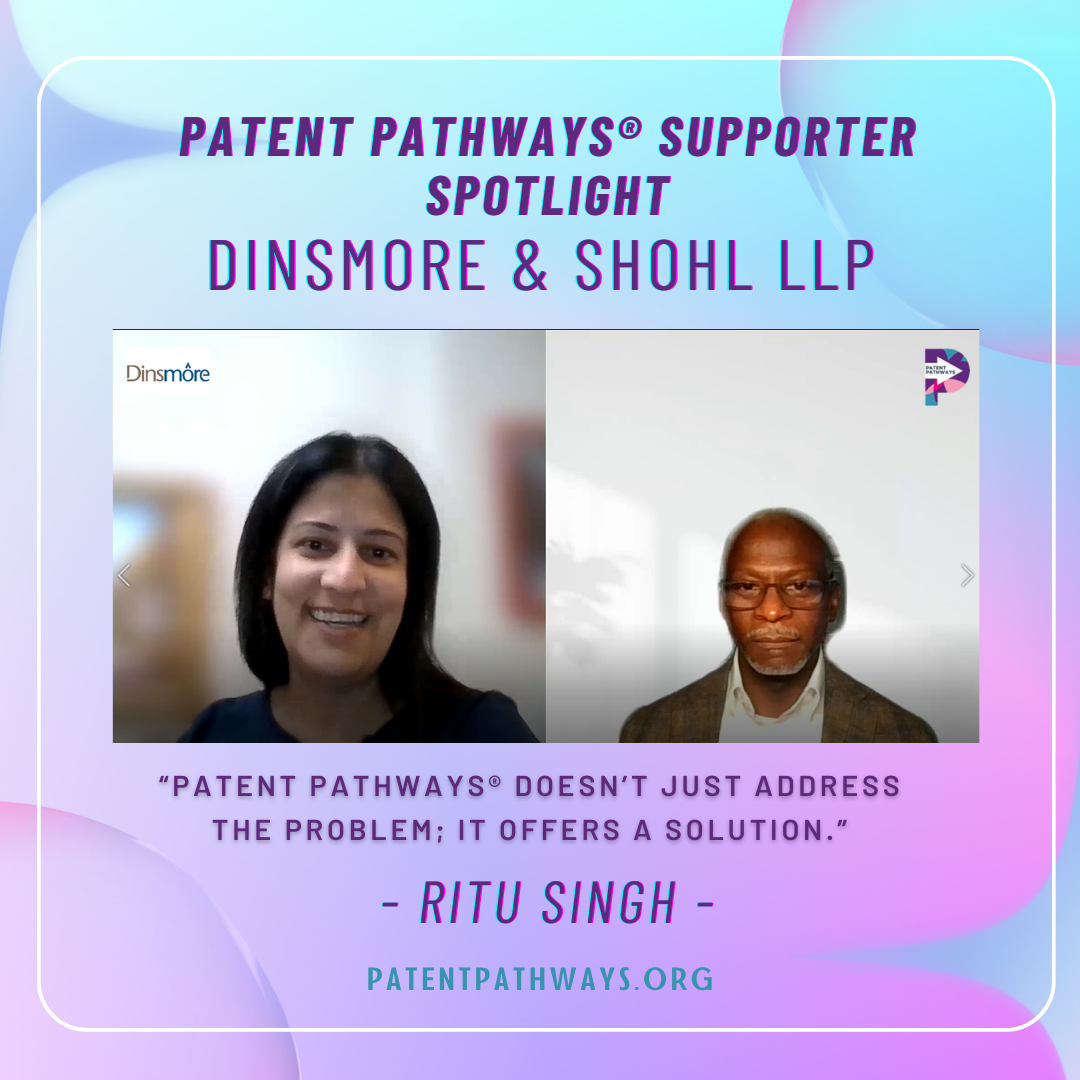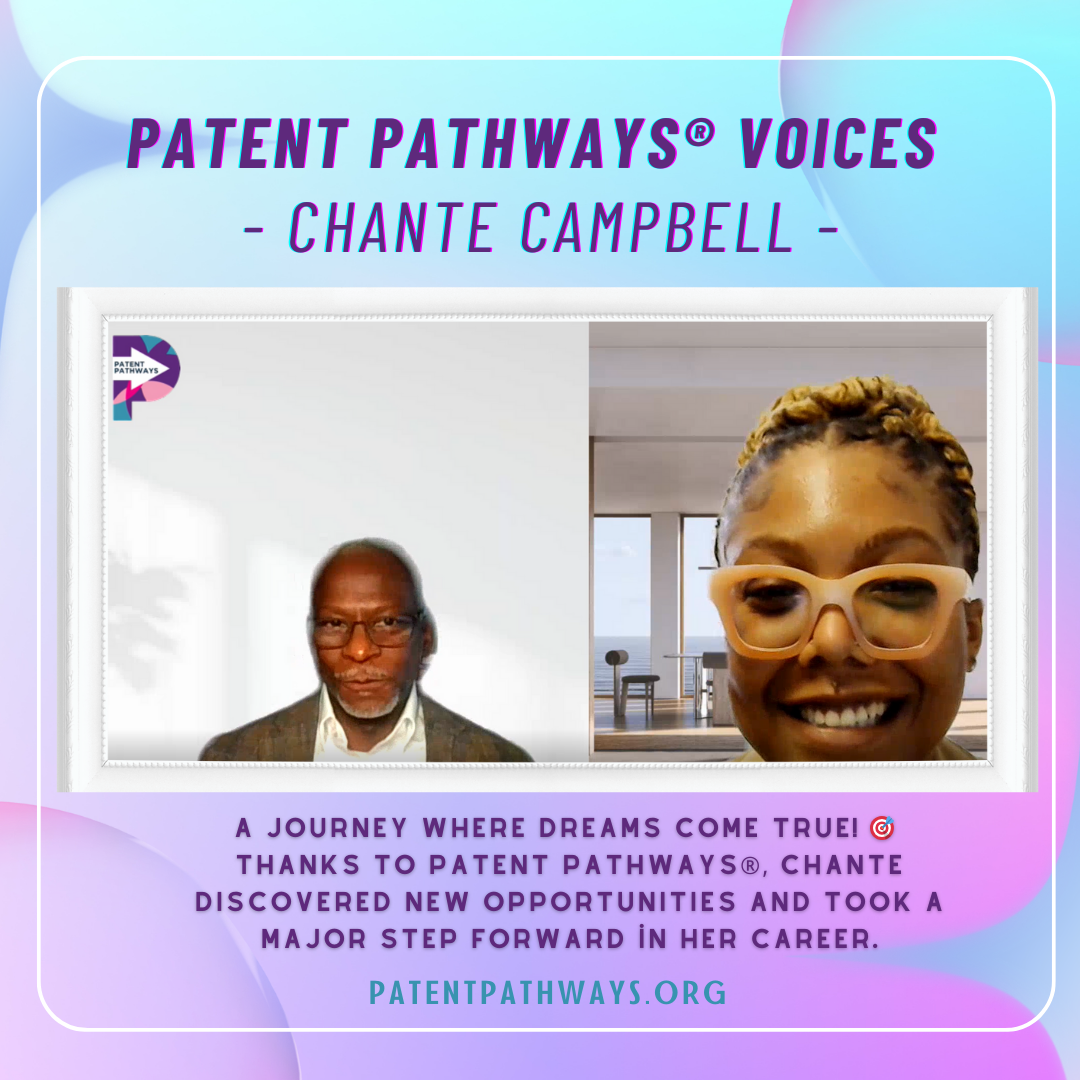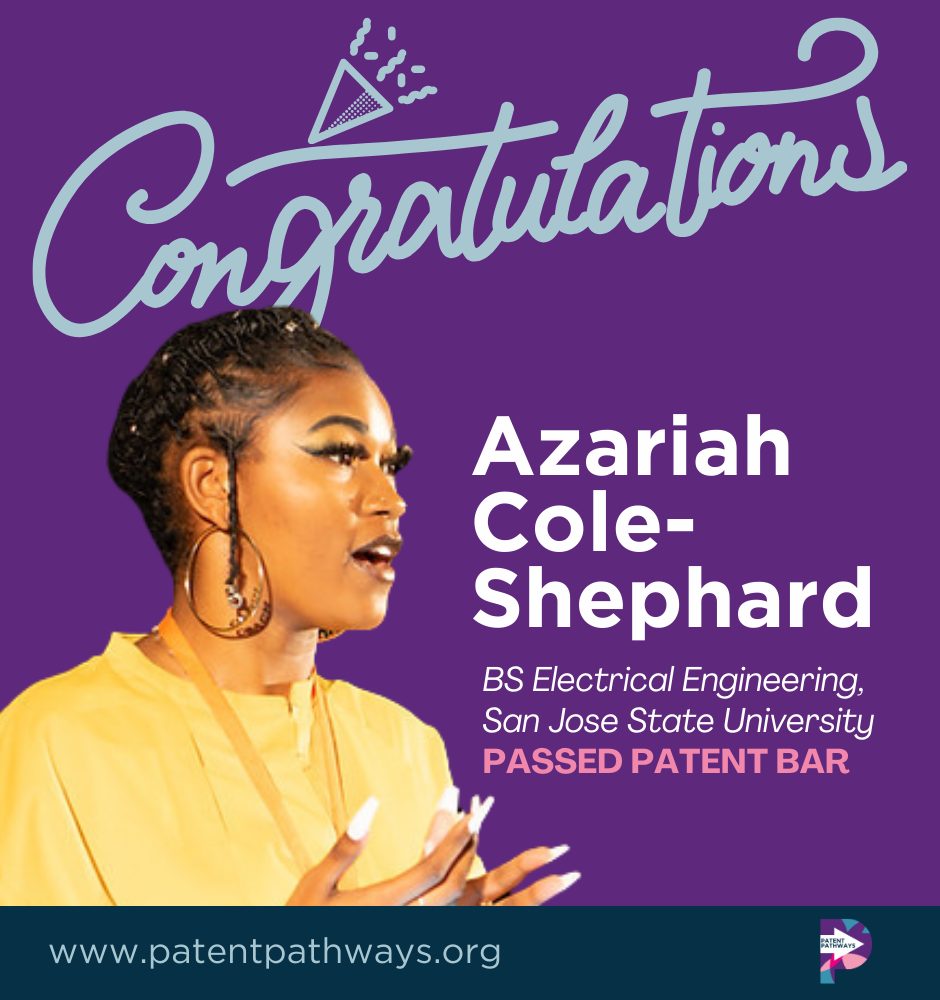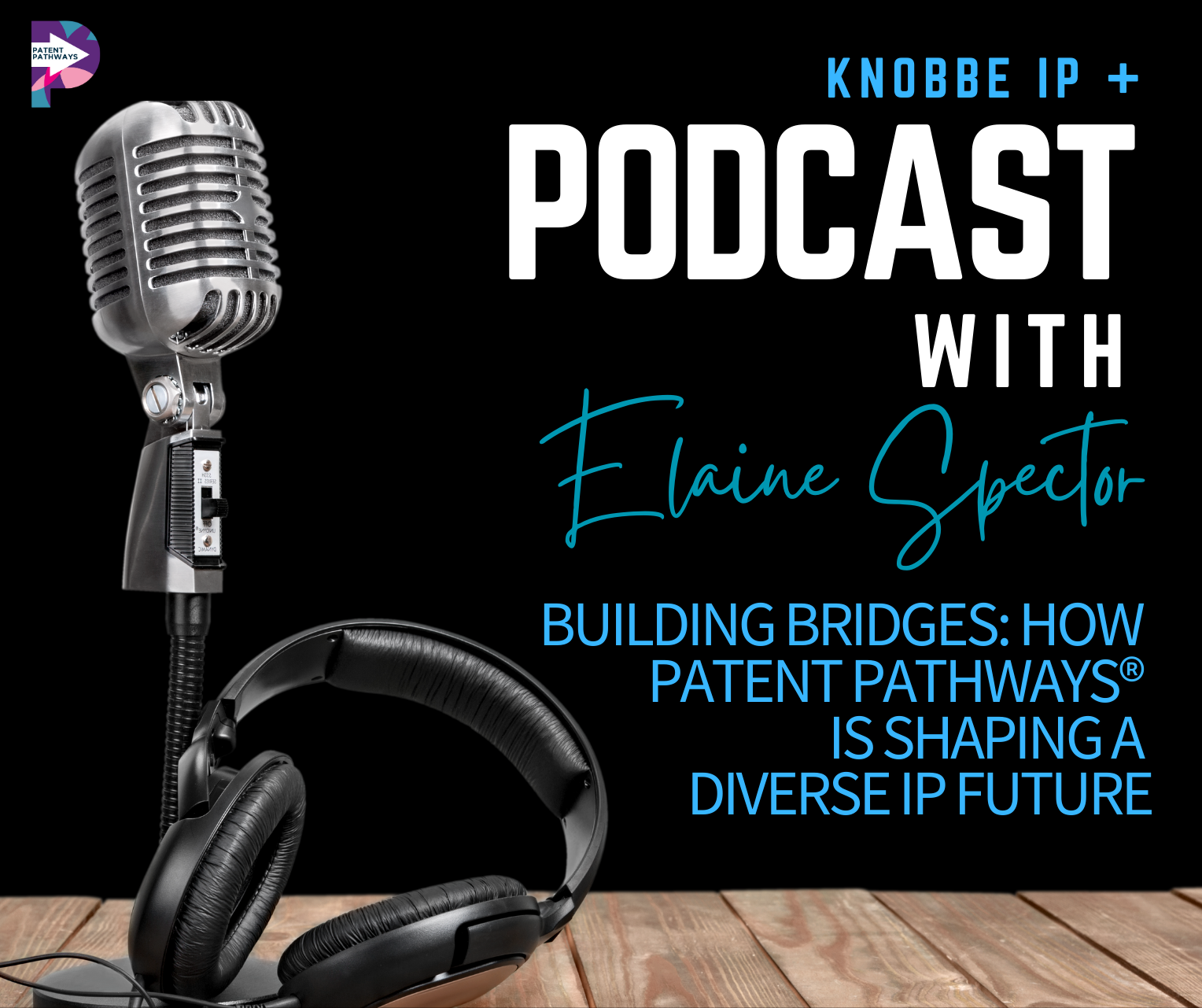Building Pathways to Success: How Dinsmore & Shohl LLP Supports the Next Generation of Patent Professionals
At the crossroads of engineering and law, Ritu Singh’s career is a powerful example of how diverse backgrounds can shape and elevate the patent field. After earning a degree in Industrial Engineering from Northwestern University and early career experience as an engineer, Ritu discovered a passion for patent law. She saw the potential to contribute meaningfully to this field and decided to pursue law school, despite starting with little knowledge of the field.
Today, as a Partner at Dinsmore & Shohl LLP, she brings a unique perspective, merging her technical expertise with legal acumen to protect groundbreaking ideas. Ritu has also championed her firm’s partnership with the nonprofit Patent Pathways®, a program dedicated to breaking barriers in the patent profession by fostering accessibility through free, virtual training and financial support to take and pass the patent bar.
Dinsmore’s Dedication to Accessibility and Inclusion
Dinsmore & Shohl LLP’s partnership with Patent Pathways® is more than just a commitment; it’s a call to action. The firm’s efforts to support underrepresented talent in the patent field directly reflect its core values of inclusion and opportunity.
“Patent Pathways® doesn’t just address the problem; it offers a solution,” Ritu shared. By equipping participants with the knowledge, skills, and resources needed to excel, the program builds a talent pipeline that is reshaping the future of the patent field. For firms like Dinsmore, this collaboration creates a win-win opportunity to advance accessibility while building expertise within their teams.
Dinsmore proved this by hiring Chante Campbell, a Technical Specialist with a Masters degree in Chemistry and a 2024 Patent Pathways® program participant. Through the program’s resume portal, the firm was able to access a pool of qualified, diverse candidates and connect with Chante, whose skills and potential aligned perfectly with their needs.
Turning Opportunity into Action: Chante’s Success Story
Chante joined Patent Pathways® to explore a career in patent law. Thanks to the foundational knowledge, practical exercises, and mentorship she received, she gained the skills and confidence needed to begin her career. In her current role at Dinsmore, Chante applies her technical expertise to drafting patent applications, conducting prior art research, and assisting with prosecution strategies. The firm is building on the skills Chante developed in the program by immersing her in hands-on, real-world projects and providing ongoing mentorship.
Ritu shared her positive experience working with Chante, highlighting her growth and enthusiasm since joining the firm. “I’ve had a great experience just working with her, seeing her grow,” Ritu said. While Chante primarily works in the chemical space, Ritu noted that her colleagues who work closely with Chante have nothing but praise for her. “They all have great things to say about her, and she’s so excited, enthusiastic,” Ritu added. “She’s a go-getter.”
For Ritu, supporting Chante in her journey has been incredibly rewarding. “It’s been really just wonderful to be there for her, to answer any questions she has, and really to support her,” Ritu said, underscoring the importance of the partnership between firms like Dinsmore and Patent Pathways® when it comes to training the next generation of patent professionals.
Driving Awareness and Creating Change
For Ritu, the most powerful aspect of Patent Pathways® is its ability to address a fundamental gap in the field. “It stems back to awareness,” she says, emphasizing how the program introduces patent law as a viable and exciting career option for underrepresented groups. By creating exposure and providing support, Patent Pathways® is helping to reshape the innovation ecosystem, empowering a broader range of voices to contribute to the future of technology and invention.
The long-term vision of the program is equally inspiring. As Ritu notes, “Seeing how these programs are tracking progress and building that pipeline is exciting.” The program’s efforts to continuously expand its reach demonstrate its commitment to lasting change. Through partnerships like that between Dinsmore and Patent Pathways®, the patent field is becoming a space where talent and ideas flourish, regardless of background.
Join the Movement
Ritu and Chante’s experiences through Patent Pathways® showcase the incredible impact of collaboration. By addressing barriers to entry and providing real solutions, the program and its partners are helping to redefine what’s possible in patent law—and beyond.
Are you ready to be part of this transformative journey? Visit www.patentpathways.org to learn more about how you can support accessibility, innovation, and opportunity in the patent field. Together, we can build a future where everyone has the chance to contribute to the innovations that shape our world.
#PatentPathways #DiversityInSTEM #InnovationForAll #InclusionMatters #STEMtoLaw
